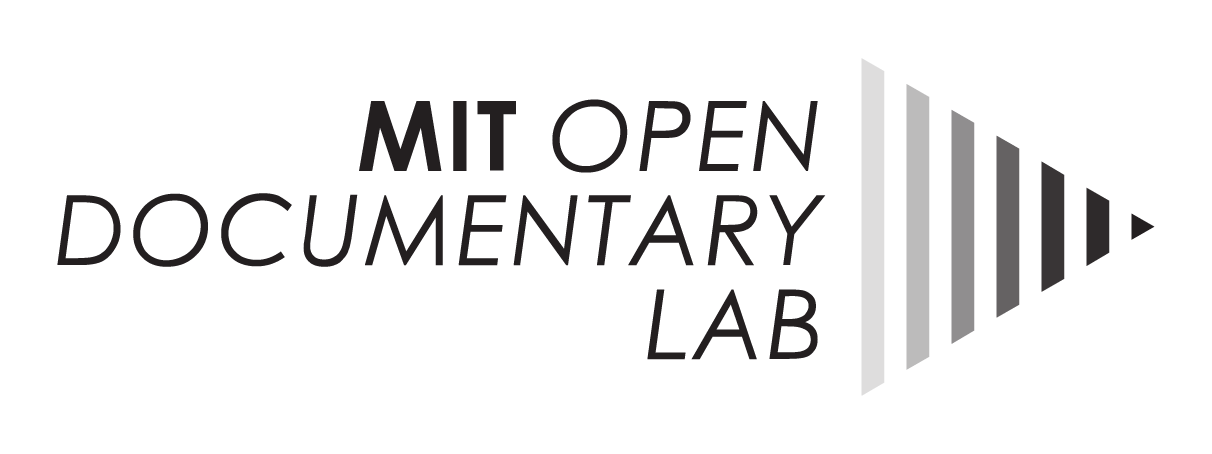Collective Wisdom Symposium: The Buzz. The Swarm. The History. Why CoCreation
William Uricchio
Behind the buzz that momentarily attends the term ‘co-creation’ is a history of practice as old as our species. The languages that connect us, the beliefs that guide us, and the narratives that serve as our cultural operating systems have all emerged over millennia in highly co-creative fashions, taking the form of dictionaries, sacred texts, and books well after the fact. The heavy industry of culture that dominated the 20th century eclipsed these practices, amplifying the Romantic era’s notion of the author as creative genius and transforming it into a business model and instrument of power. But co-creation has persisted in the margins. In today’s era of digital affordances, where the forces of concentration are again on the rise, co-creation has demonstrated new capacities to reclaim meaningful participation and re-balance social power, new ways to create trust. Like any method, it can be abused for profits or power, and in the digital era these dangers are more insidious than ever. But the potentials of co-creation to extend participation and inclusivity, and to tap the generative powers of communities, organizations, and even AI systems, have never been more important. This session will draw from moments in this deep history to address why co-creation? why now? and what can precedent teach us?
This talk was part of the Collective Wisdom Symposium, a three-day multi-disciplinary symposium organized by the Co-Creation Studio at the MIT Open Documentary Lab, in partnership with the Ford Foundation’s Just Films, the MacArthur Foundation, and the Phi Centre. September 20-22, 2018.



